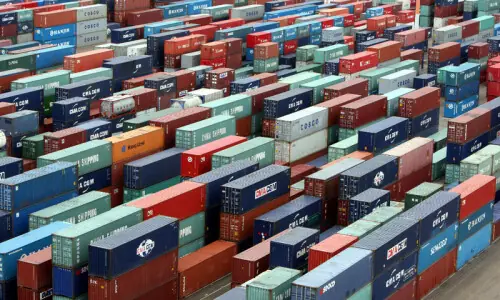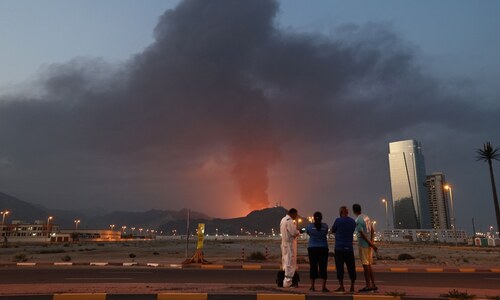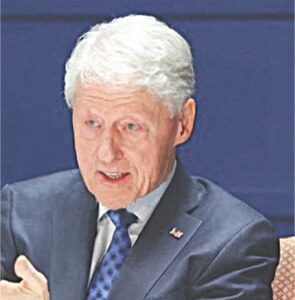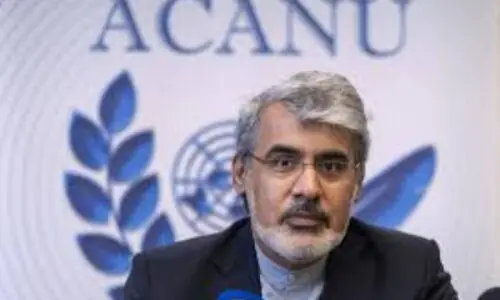United Nations Secretary General Antonio Guterres on Tuesday highlighted escalating tensions in South Asia — an obvious reference to the current India-Pakistan confrontation over New Delhi's unilateral annexation of occupied Kashmir — and called for dialogue to resolve the crisis in his opening speech at the 74th session of the General Assembly, the Foreign Office said.
"Tensions are elevated in South Asia, where differences need to be addressed through dialogue," the UN chief told world leaders attending the Assembly's high-level segment as he assessed the international situation in his annual report on the work of the organisation.
On August 5, India unilaterally abolished occupied Jammu and Kashmir's special status, unleashing a crackdown that included arrests of thousands of people, cutoff of communications and internet services as well as detention of political leaders. The lockdown is now in its 51st day.
In his speech, Guterres said on the global landscape, he saw conflicts persisting, terrorism spreading and the risk of a new arms race growing.
"Outside interference, often in violation of Security Council resolutions, makes peace processes more difficult", he said.
The secretary general said, "Many situations remain unresolved, Yemen to Libya to Afghanistan and beyond.
"A succession of unilateral actions threatens to torpedo a two-state solution between Israel and Palestine," he said, noting that in Venezuela, four million people have fled the country — one of the largest displacements in the world.
"We face the alarming possibility of armed conflict in the Gulf, the consequences of which the world cannot afford. The recent attack on Saudi Arabia’s oil facilities was totally unacceptable.
"In a context where a minor miscalculation can lead to a major confrontation, we must do everything possible to push for reason and restraint.
"I hope for a future in which all the countries of the region can live in a state of mutual respect and cooperation, without interference in the affairs of others – and I hope equally that it will still be possible to preserve the progress on nuclear nonproliferation represented by the Joint Comprehensive Plan of Action."































